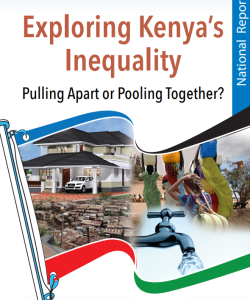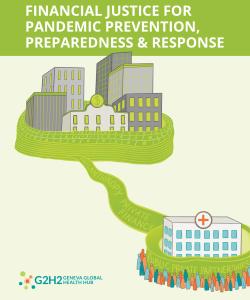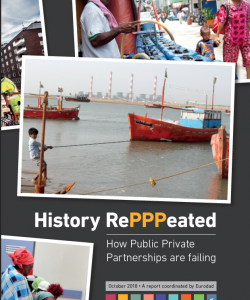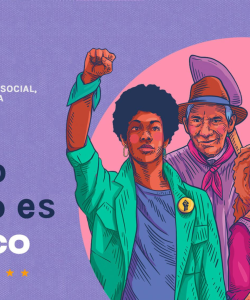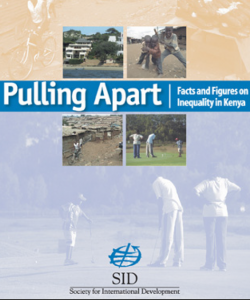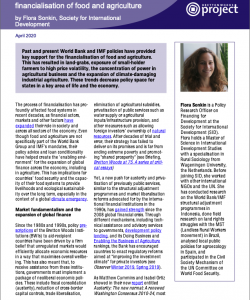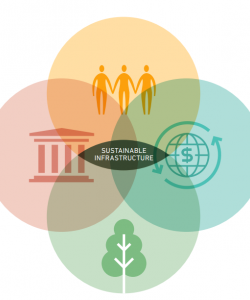Resources and Publications
This publication presents monetary measures of inequality such as expenditure patterns of groups and non-money metric measures of inequality in important livelihood parameters like employment, education, energy, housing, water and sanitation to show the levels of vulnerability and patterns of unequal access to essential social services at the national, county and constituency levels.
In this report, civil society experts and academics highlight the urgent need to reshape and redirect financing towards prevention, preparedness and response to any future pandemics.
Published in 2018, 'History RePPPeated: How Public Private Partnerships are failing' gives an in-depth, evidence-based analysis of the impact of 10 PPP projects that have taken place across four continents, in both developed and developing countries.
The future of food and the future of life on earth, as well as the solutions to the ecological collapse cannot be found in the logic and hands of those who caused it in the first place. Solutions are in the hands of women, agroecological farmers, social movements and networks that are resisting the disruption of nature and society.
From 29th Nov to 2nd Dec 2022 representatives from grassroots movements, advocacy, human rights, and development organisations, feminist movements, trade unions, and other civil society organisations, met in Santiago, Chile, to discuss the critical role of public services for our future.
This short version of the more extensive report titled Pulling Apart: Facts and Figures on inequality in Kenya is part of SID’s contribution to a project on Rich and Poor: National Discourses on Poverty, Inequality, and Growth.
Written for the Bretton Woods Project Spring Observer 2020, SID's policy researcher, Flora Sonkin, discusses how the process of financialisation has profoundly affecter food systems in recent decades, as financial actors and markets expanded their role in society and across all sectors of the economy.
How can we reclaim sustainable infrastructure as a public good? This report analyses infrastructure from a systemic perspective, examining it through the lens of four interconnected pillars:Economic, Governance, Social, Ecological

